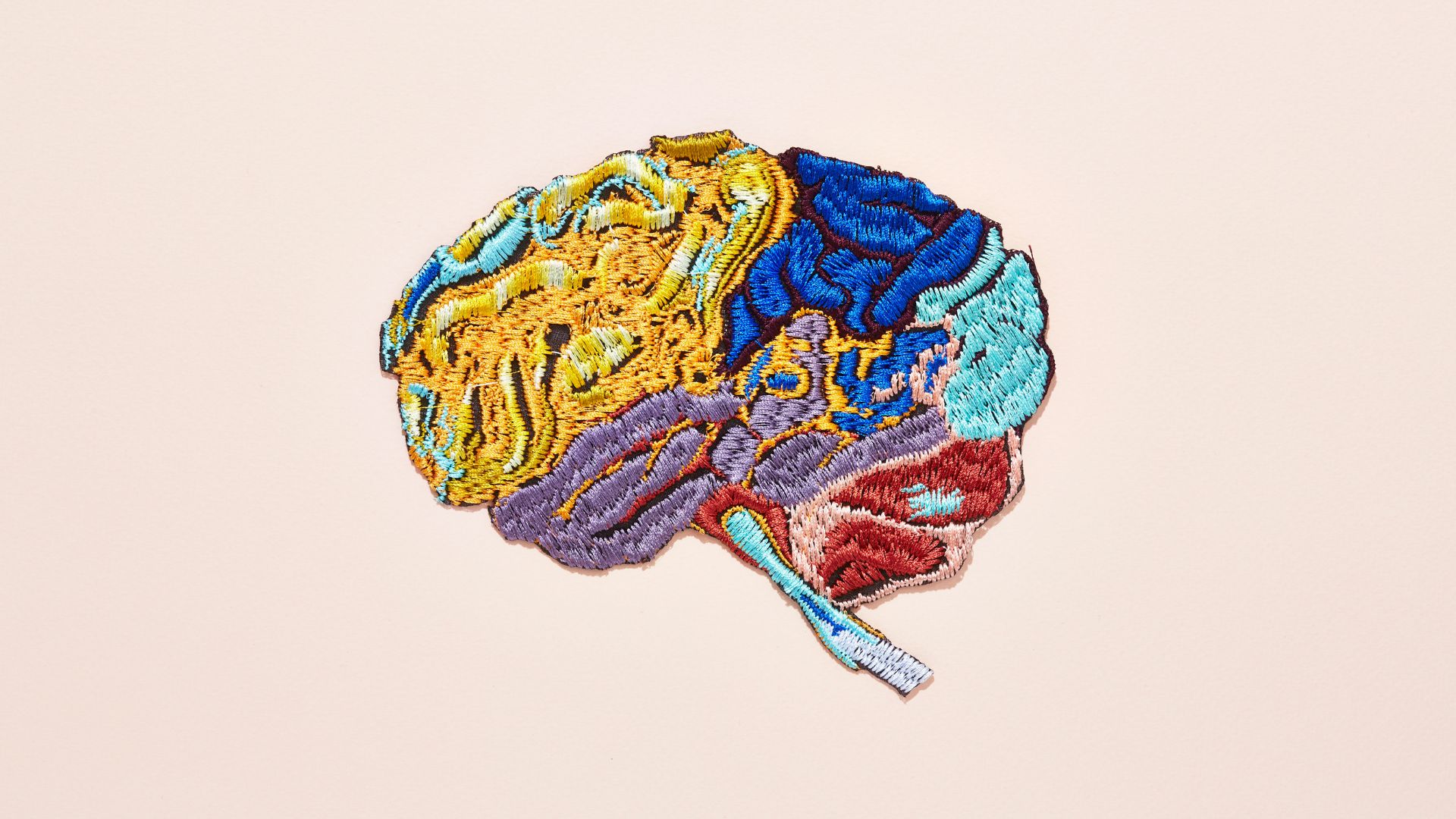It's not your imagination - all our brains aged faster in the pandemic, new study reveals
A new study suggests that everyone, regardless of whether they caught the virus, was impacted by the Covid-19 pandemic


Sign up to our free daily email for the latest royal and entertainment news, interesting opinion, expert advice on styling and beauty trends, and no-nonsense guides to the health and wellness questions you want answered.
You are now subscribed
Your newsletter sign-up was successful
Want to add more newsletters?

Daily (Mon-Sun)
woman&home Daily
Get all the latest beauty, fashion, home, health and wellbeing advice and trends, plus all the latest celebrity news and more.

Monthly
woman&home Royal Report
Get all the latest news from the Palace, including in-depth analysis, the best in royal fashion, and upcoming events from our royal experts.

Monthly
woman&home Book Club
Foster your love of reading with our all-new online book club, filled with editor picks, author insights and much more.

Monthly
woman&home Cosmic Report
Astrologer Kirsty Gallagher explores key astrological transits and themes, meditations, practices and crystals to help navigate the weeks ahead.
These days, we know that it's not the number on our birthday cake that counts, but rather our biological age. Our brain health is an important part of that.
Researchers suggest that isolation and ongoing uncertainty during the various lockdowns during the pandemic may have sped up brain ageing across the country.
Based on the brain scans of UK Biobank participants, the research reveals an average of "5.5-month deviation of brain age gap" after the pandemic. This essentially means that brain age rose by almost six months, which may lead to faster cognitive decline with age.
This deviation applied to all participants, even those who did not catch the virus during the pandemic.
These findings, published in Nature, came from brain ageing models trained using data from over 15,000 healthy people. The models were then applied to almost 1,000 participants of the UK Biobank study, a long-term project that monitors the health of middle-aged and older adults.
Half underwent brain scans before the pandemic, and the rest afterwards. From this, the researchers found that the pandemic had "significantly" accelerated brain ageing.
Those infected with Covid-19 performed more poorly on cognitive tests when reassessed after the pandemic, with scans showing a drop in certain cognitive abilities, including mental flexibility and processing speed.
Sign up to our free daily email for the latest royal and entertainment news, interesting opinion, expert advice on styling and beauty trends, and no-nonsense guides to the health and wellness questions you want answered.
Brain ageing was also particularly accelerated in men, older people, and those from deprived backgrounds.
Dr Ali-Reza Mohammadi-Nejad, lead author on the study, was surprised by the results. He said: "It really shows how much the experience of the pandemic itself, everything from isolation to uncertainty, may have affected our brain health."
While this study was published only this week, it's supported by several others that highlight the impact of social isolation on communities.
"Research shows that chronic social disconnection and sustained stress can impair memory, emotional regulation, and executive functioning," says Joanna Konstantopoulou, a health psychologist, pointing to studies led by researchers at Brigham Young University and the University of Chicago.
"Women may have fared better thanks to behavioural and physiological differences. For example, psychologically, we are more likely to maintain social contact and talk about our experiences. Biologically, the hormone oestrogen helps regulate the HPA axis, the system in the brain and body that controls how we respond to stress," she says.
"When this system is overwhelmed for too long, we often see fatigue, poor concentration, and emotional strain, but oestrogen appears to buffer some of that," she says, highlighting studies in Nature Reviews Immunology.
"These findings underline that brain health isn’t only shaped by illness, it’s shaped by how we live, connect, and cope under pressure.”
So, what comes next? Will it be possible to reverse these developments and lower our biological age? "We can't test whether the changes we saw will reverse, but it's certainly possible, and that's an encouraging thought," said Dorothee Auer, a professor of neuroimaging and a senior author of the study.

Grace Walsh is woman&home's Health Channel Editor, working across the areas of fitness, nutrition, sleep, mental health, relationships, and sex. She is also a qualified fitness instructor.
A digital journalist with over seven years experience as a writer and editor for UK publications, Grace has covered (almost) everything in the world of health and wellbeing with bylines in Cosmopolitan, Red, The i Paper, GoodtoKnow, and more.
You must confirm your public display name before commenting
Please logout and then login again, you will then be prompted to enter your display name.